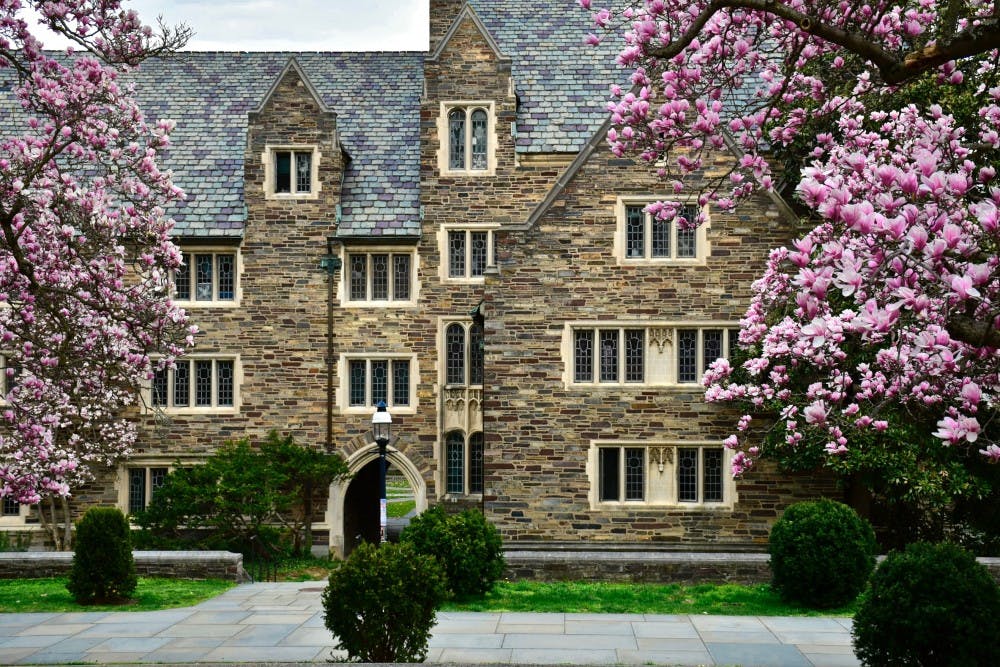The University has updated the criteria that determine which students may apply for spring emergency housing. Students who face unsafe or hostile conditions on account of “social identity” or “protected characteristic(s)” will now be eligible to apply.
The updated criteria, which will only appertain if “emergency residency” becomes necessary in the spring, read as follows:
The Remain@Princeton committee, which reviews emergency housing requests, approved the new criteria as community members called attention to the dangers that some LGBTQ+ students faced at home. Deputy University Spokesperson Michael Hotchkiss did not confirm precisely when the committee had approved the new criteria.
Last week, an anonymous student wrote in The Daily Princetonian that the University had denied them emergency housing for the fall, despite their being gay and closeted in a household where they felt unsafe.
“It is hard to carve out little bubbles of safety, tiny pockets of happiness, and spaces where I can just be, in the face of rejections from the University,” the student wrote. “It becomes harder to convince myself that I am worthy of love and safety and care. How can I believe my therapist when they tell me I am in an emergency situation when the University denied my application for emergency housing?”
In a column in the ‘Prince,’ another student, Kristal Grant ’24, documented the struggles that LGBTQ+ students living at home have endured during the pandemic.
“Without the refuge a physical institution provides, these students are stuck at home, feeling lonely, unsure of themselves and their identities, and longing for contact with those who accept rather than condemn,” Grant wrote.

As the status of a potential on-campus spring semester is not yet known, the University emphasized that the new emergency housing policy will only enter effect if necessary.
“Since no decision has been made about residency in the spring term, we cannot yet determine how an ‘emergency residency’ process would function for the spring,” Hotchkiss wrote to the ‘Prince.’
“However, the Remain@Princeton committee — and Princeton University more broadly — is committed to ensuring that all students have access to a safe and secure environment for living and learning,” he added.
The University introduced emergency housing in early March to accommodate students who could not safely return home during the mandatory COVID-19 evacuation.

Fewer than 300 undergraduate students were permitted to live on campus in the fall semester, most of whom obtained residence through proof of a precarious housing situation. A smaller group gained approval to participate in Reserve Officers’ Training Corps or laboratory research.
In August, upon announcing that the semester would proceed online, the University tweeted that students “unable to learn at home due to high financial need and/or significant extenuating circumstances that make it impossible to secure alternative housing” could apply for emergency housing.
Hilcia Acevedo ’23, a student currently living in on-campus emergency housing, commended the revised criteria.
“It seems perfectly understandable to me that a student’s identity can make it difficult mentally and physically to live at home,” Acevedo said. “It’s tough to engage with work and university life when you are constantly distracted and occupied with issues at home.”
“I know a few people and have heard stories of many others that were denied housing by the University when facing threats to their social identity at home and didn’t have anywhere to stay, and that’s terrible,” Acevedo added. “So I’m glad this provision was added.”








